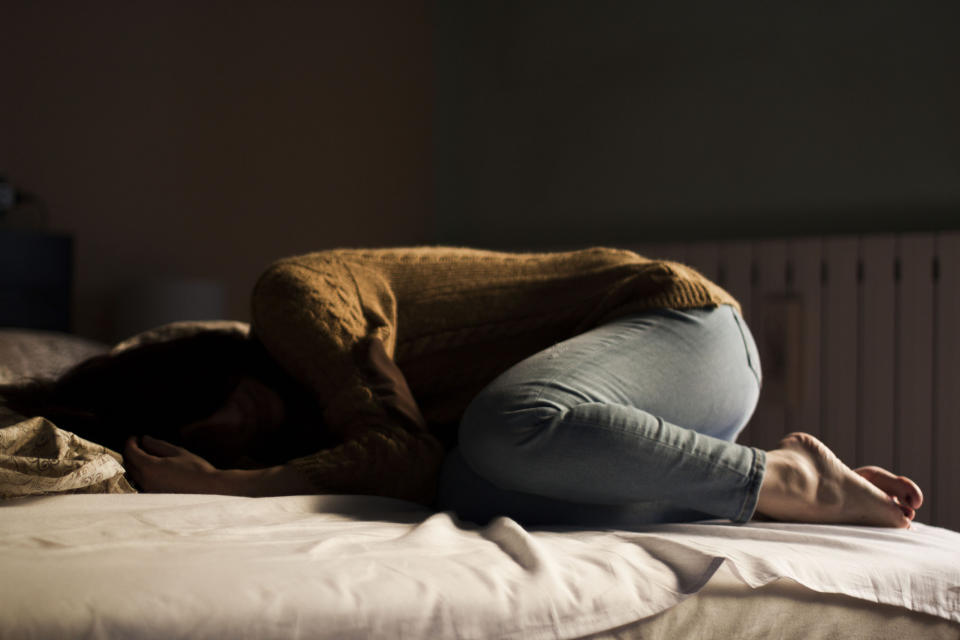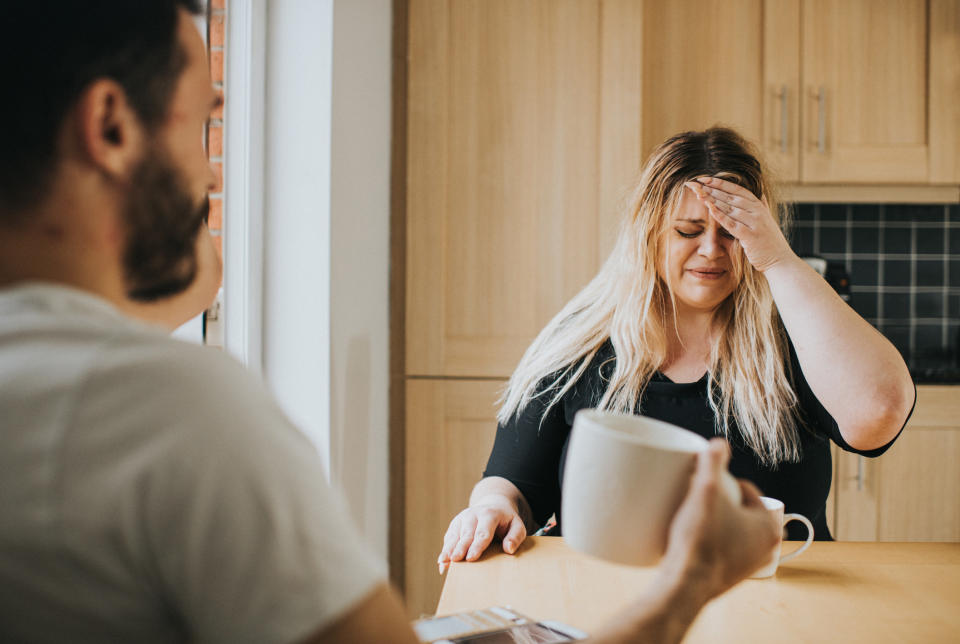People Are Sharing Nonobvious Signs That Are Actually A Cry For Help, And It's Eye-Opening
Recently, Reddit user u/IncessantlyBored asked, "What is a sign of a cry for help that isn’t obvious to the average person?" People provided fascinating, important examples of small behavioral changes in others that can be signs that something is wrong.

Here's what they shared:
1."Reaching out and being overly nice to friends both close and casual with the hope that they will reciprocate and eventually ask them how they’re doing, so that when they open up it’s not about being a burden, but because they were prompted to do so."
2."Giving a lot of personal possessions away without wanting anything in return."
—Anonymous
3."Lack of interest. Is a gamer all of a sudden no longer interested in games? Gardener let his plants die? Social butterfly now hides in a cave?"

4."The person stops caring about their appearance and neglects their hygiene and grooming because in their mind they are thinking, 'It doesn't matter, so why bother?'"
5."Excessive drinking when they usually don't."
6."When someone is constantly busy so they don’t give themselves time to think. Also, when someone gives up on a lot of basic things like cleaning or washing up because they can’t think about anything except what’s bothering them."
—Anonymous
7."Sleeping all day and having no interest."

8."Becoming tearful more easily than normal for the person."
9."Impulsive, out-of-character bad decisions — getting a neck tattoo, buying a new car. That sort of thing."
10."When someone has obviously been crying or tears up without apparent provocation, even in a very public setting, it can be a sign that they're in too much pain even to try masking it."

11."When they start cutting off contact. If that outgoing, happy person suddenly 'just isn't up to it,' or always says, 'Maybe some other time,' then something is wrong."
12."Marked differences in behavior where the person becomes way more positive and energetic than normal. We tend to think of these sorts of changes as being good, but any sudden and large enough change in behavior is something you need to keep an eye on. This is especially true if they are going from a very negative pattern of thinking/behavior into an uber-positive one very quickly."
—Anonymous
13."Saying, 'I'm sorry,' for everything or taking the blame for things that shouldn't even have a blame."

14."Purposely avoiding sad and difficult topics. Sometimes when a person is constantly feeling like shit, the last thing they want to do is bring up more negativity when hanging out with people they enjoy being around. Oftentimes being with friends/family can be a brief escape from always feeling awful, and so bringing up negative topics can ruin this feeling of escape and make the depression feel never-ending and suffocating."
15."Strange habits regarding food — loss of appetite, binge eating, refusing to eat in front of people, constantly counting cals, obsession with fitness."

16."Oversharing and lack of filter goes hand in hand with depression."
17."Becoming attached to objects or other non-human things is one I have noticed quite a lot about some people I know who have struggled."
18."People that are suffering and feeling isolated will start to lose their ability to thermoregulate. They will feel cold all the time. This will lead them to wear extra layers or heavier clothes than would be normal for conditions, taking longer hotter showers, always the first to grab a throw to cuddle under."
And finally:
19."When someone says, 'Nah, I’m fine.' It's not always the truth."
In conclusion, check in on your friends, family, and people who insist they're ok — especially if you think something's up.
Responses edited for lenght/clarity.

